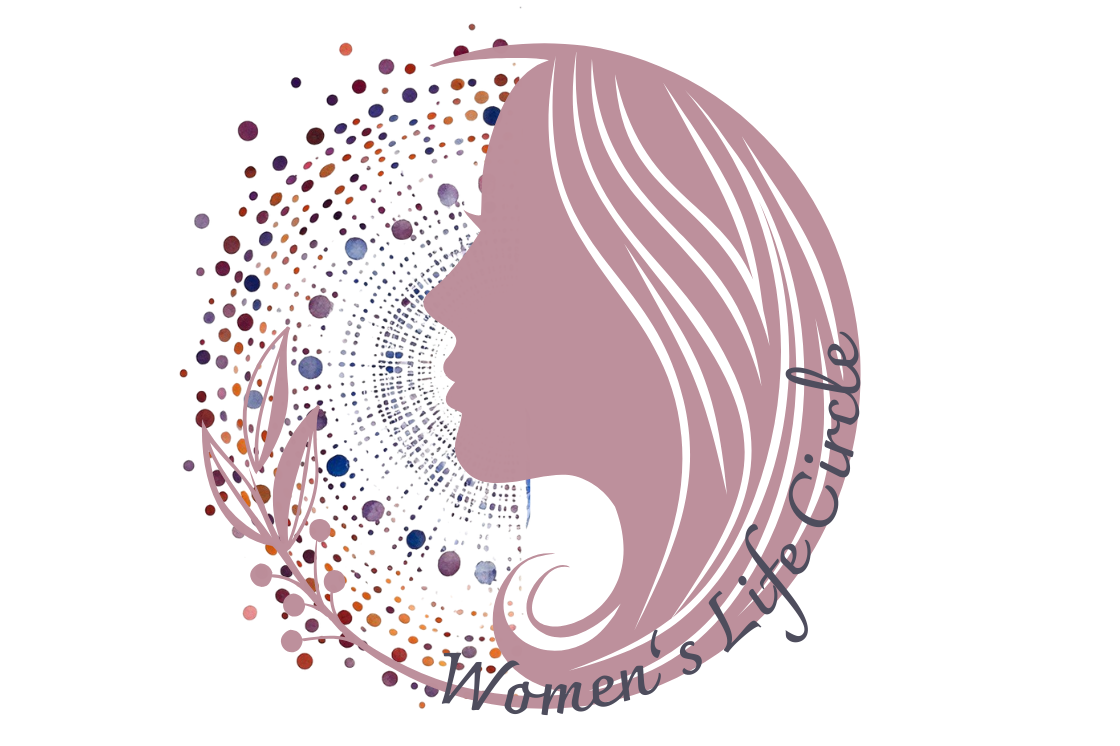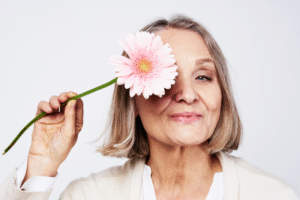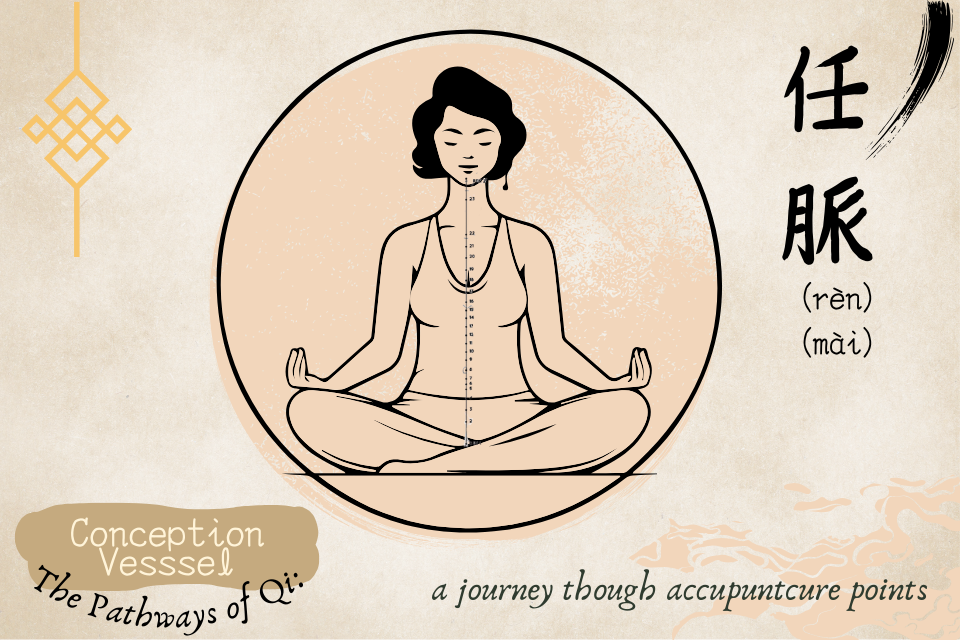The Return to Source
Description of the Phase
Elderhood is the culmination of the Women’s Life Circle, a time when the body slows but the spirit deepens. It is a stage often overlooked in modern societies, yet in many traditions, it is regarded as the crown of life — a return to simplicity, wisdom, and connection with the greater cycle of existence. These years can be a time of healing, storytelling, and profound inner peace, where women shift from being caretakers of families to guardians of culture, memory, and legacy.
The Science of Elderhood
Biology shows us that the elder years are marked by reduced hormone levels, slower metabolism, and increased vulnerability in bones, joints, and the cardiovascular system. Yet science also reveals that lifestyle, nutrition, and community support can significantly extend both health and vitality in this stage.
Bone and joint health: Osteoporosis and arthritis may appear.
Cognitive health: Memory and concentration may shift, but neuroplasticity continues.
Immunity: The immune system may weaken, making nourishment key.
Longevity factors: Movement, diet, and emotional well-being strongly influence health.
Ancient Views of Elderhood
In many ancient cultures, elder women were the keepers of wisdom and sacred knowledge. Age was not hidden but honored, and women who had completed all other life stages were considered powerful guides.
Ancient Greece: Older women were respected as wise advisors and storytellers.
Egypt: Grandmothers often held important roles in household rituals.
Andean traditions: Elder women were “abuelas sabias” — wise grandmothers and healers.
China: Elders were revered as transmitters of ancestral knowledge and family harmony.
The Body in Transition
The body in elderhood speaks of years lived. Wrinkles, gray hair, and slower movement are not flaws but maps of a journey. With care, the body can remain strong, flexible, and full of vitality.
Skin: Thinner, drier, with natural signs of age.
Hair: Grays and whites appear, often thinner in texture.
Mobility: Joints may stiffen; balance may decline.
Strength: Can be maintained with gentle training and activity.
Emotional Landscape
Emotionally, elderhood can be rich with wisdom, but it may also bring feelings of solitude, especially in cultures that do not honor aging. The key is reframing this stage as a time of growth, contribution, and reflection.
Fulfillment: Freedom from earlier responsibilities.
Resilience: Emotional strength forged by experience.
Loneliness: Possible if isolated from family or community.
Joy in legacy: Sharing stories, teaching, mentoring.
Food and Nourishment
Nutrition becomes medicine in elderhood. The right foods support strength, mental clarity, and protection from age-related decline.
Calcium and vitamin D to support bone health.
Fiber-rich foods for digestion and heart health.
Omega-3 fatty acids for brain and joint support.
Hydration is essential as thirst perception decreases.
Herbs and Natural Support
Herbs in elderhood help maintain vitality, soothe discomfort, and strengthen immunity. They support graceful aging and bring gentle balance.
Turmeric for inflammation and joint health.
Ginkgo biloba for memory and circulation.
Hawthorn to support the heart.
Nettle as a mineral-rich tonic.
Vitamins and Chinese Herbs
Supplements ensure elders receive nutrients they may not absorb as well from food. Chinese medicine also offers herbs that are deeply nourishing.
Vitamin B12 for energy and cognition.
Calcium, magnesium, and vitamin K2 for bone strength.
CoQ10 for heart and cellular health.
In TCM: Rehmannia for longevity, Goji berries for vitality, Cordyceps for immune support.
Essential Oils and Aromas
Scents during elderhood can restore calm, enhance memory, and bring comfort to daily life. Aromatherapy is gentle, supportive, and uplifting.
Rosemary for memory and clarity.
Lavender for relaxation and sleep.
Sandalwood for grounding and spiritual focus.
Orange blossom for joy and warmth.
Movement, Meditation and Breath
Movement and mindfulness practices help elders remain strong, independent, and emotionally centered. Even simple routines can make a profound difference.
Walking and gentle yoga to maintain flexibility.
Qi Gong or tai chi to support balance and inner energy.
Meditation for mental clarity and inner peace.
Breathwork to calm anxiety and deepen focus.
The Right Environment
The environment shapes the quality of elder years. While peace and rest are important, staying connected with family, friends, and nature enriches longevity and joy.
Community life prevents isolation and nurtures purpose.
Nature offers grounding, calm, and renewal.
Quiet homes with comfort and safety support daily life.
Intergenerational spaces allow elders to teach and share wisdom.
Clothing and Expression
Clothing in elderhood reflects both comfort and dignity. It allows freedom of movement while honoring identity and self-expression.
Soft, breathable fabrics that support comfort.
Layering to adapt to temperature shifts.
Colors that uplift and celebrate life’s maturity.
Styles that affirm confidence and individuality.
Closing Reflection
Elderhood is not an ending but a return — a return to self, to simplicity, and to wisdom. It is the stage where women become the storytellers, the keepers of tradition, and the guardians of spirit. In honoring elder years, we honor the full circle of life.
References
National Institute on Aging. (2023). Health and Aging Basics.
Hippocrates. On Regimen and Longevity., https://pmc.ncbi.nlm.nih.gov/articles/PMC3704070/
Chinese Medicine Classics: Huangdi Neijing (Yellow Emperor’s Inner Canon).
Panagiota Sophia Vlahou
Certified Beekeeper | Specializing in Traditional Beekeeping & Natural Wellness Methods
Trained in Traditional Acupuncture – Academy of Traditional & Chinese Medicine
Member of the Beekeepers’ Association of Attica-Greece
Disclaimer: This article is for educational and informational purposes only. It is not intended to diagnose, treat, cure, or prevent any disease, and it does not substitute professional medical advice. Always consult a qualified healthcare professional before making any changes to your diet, lifestyle, or health practices.







